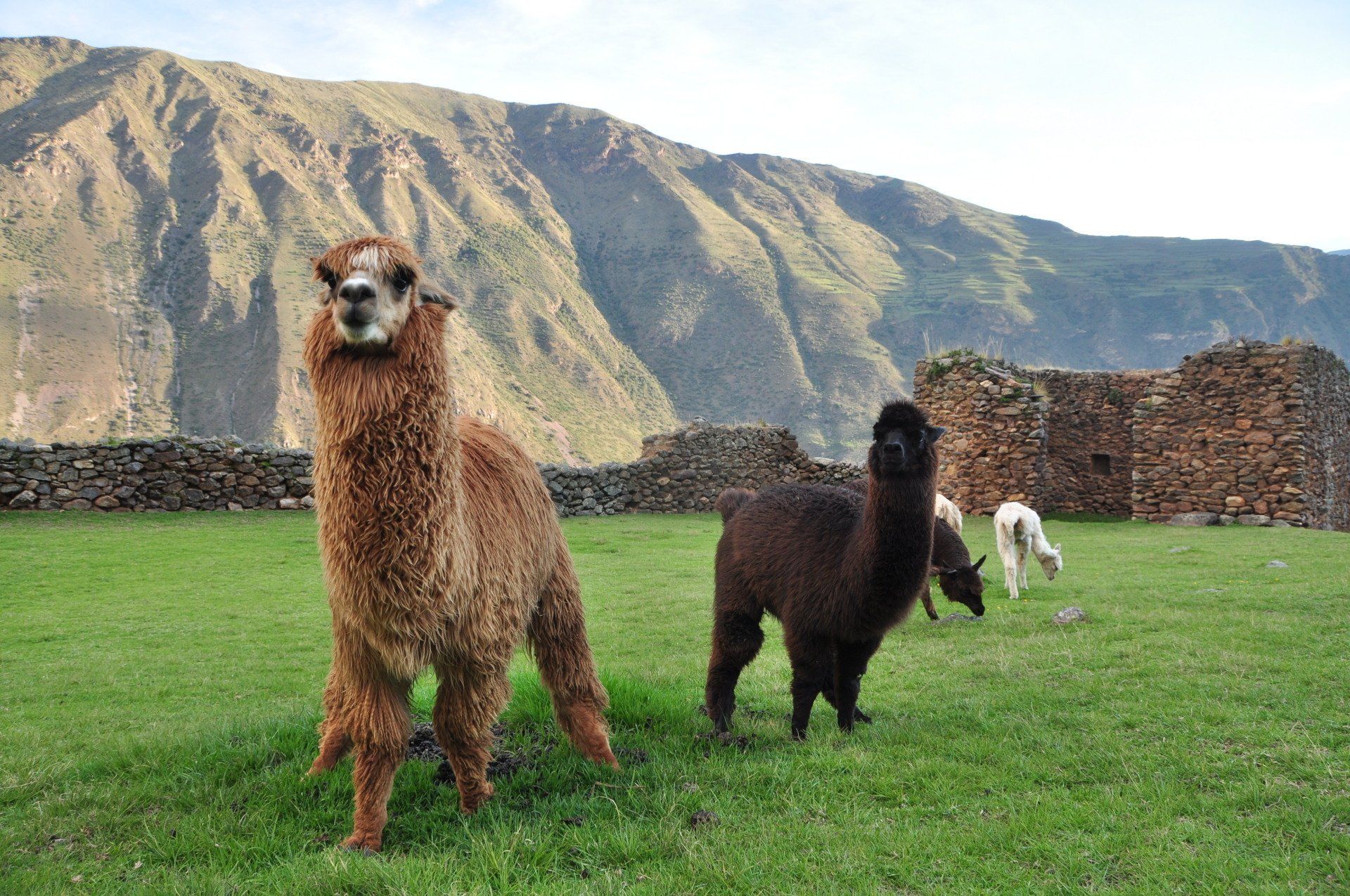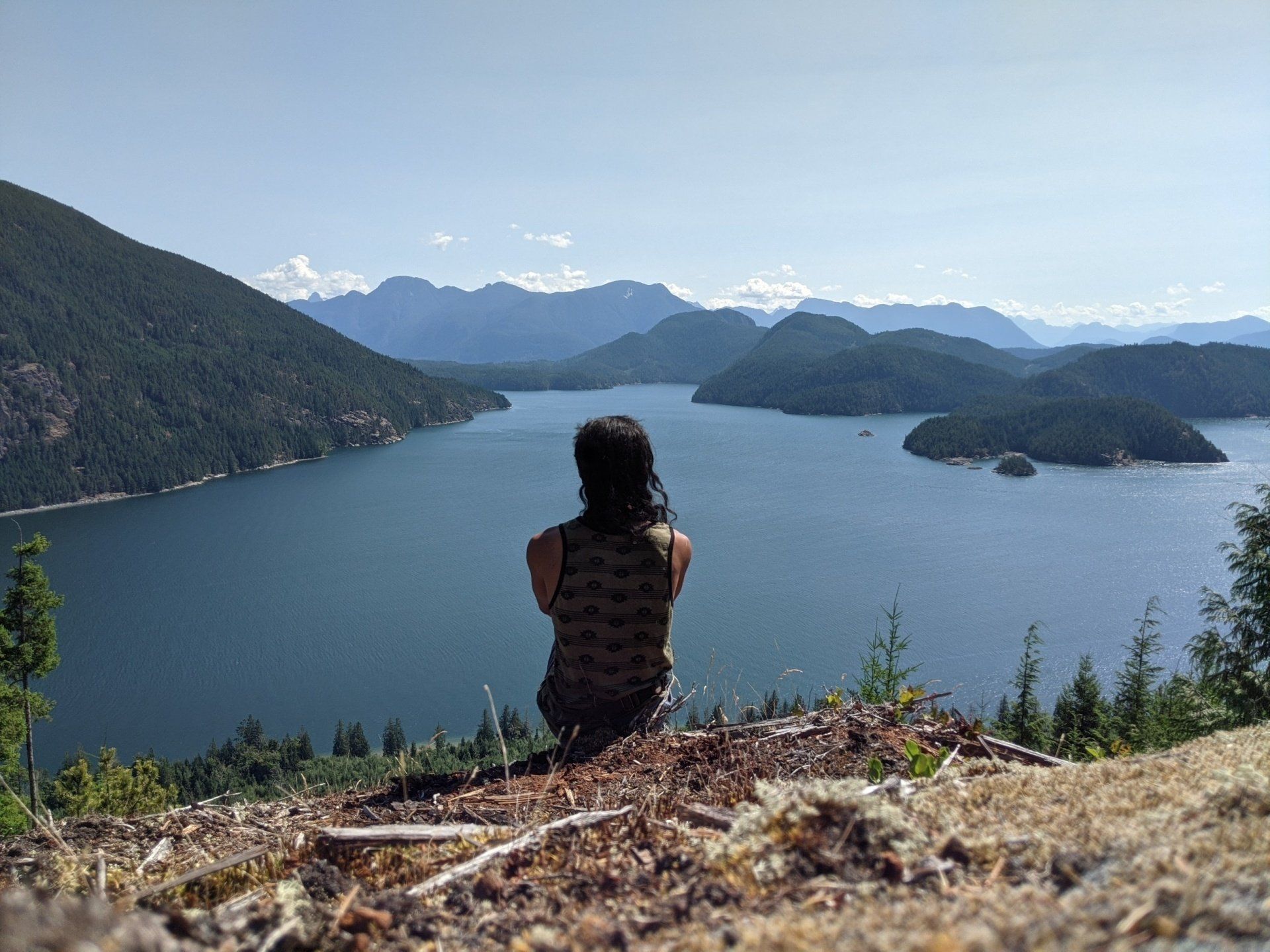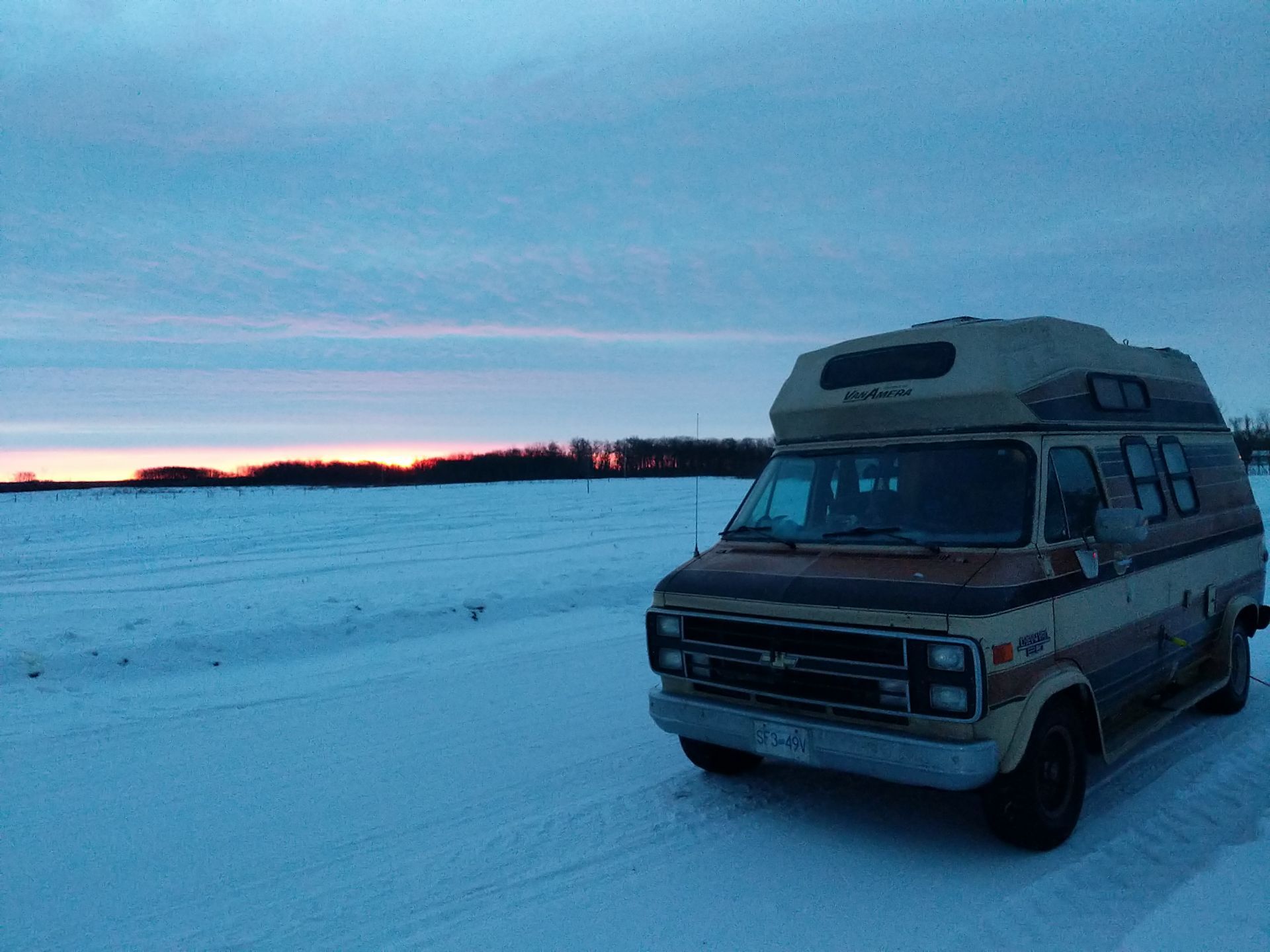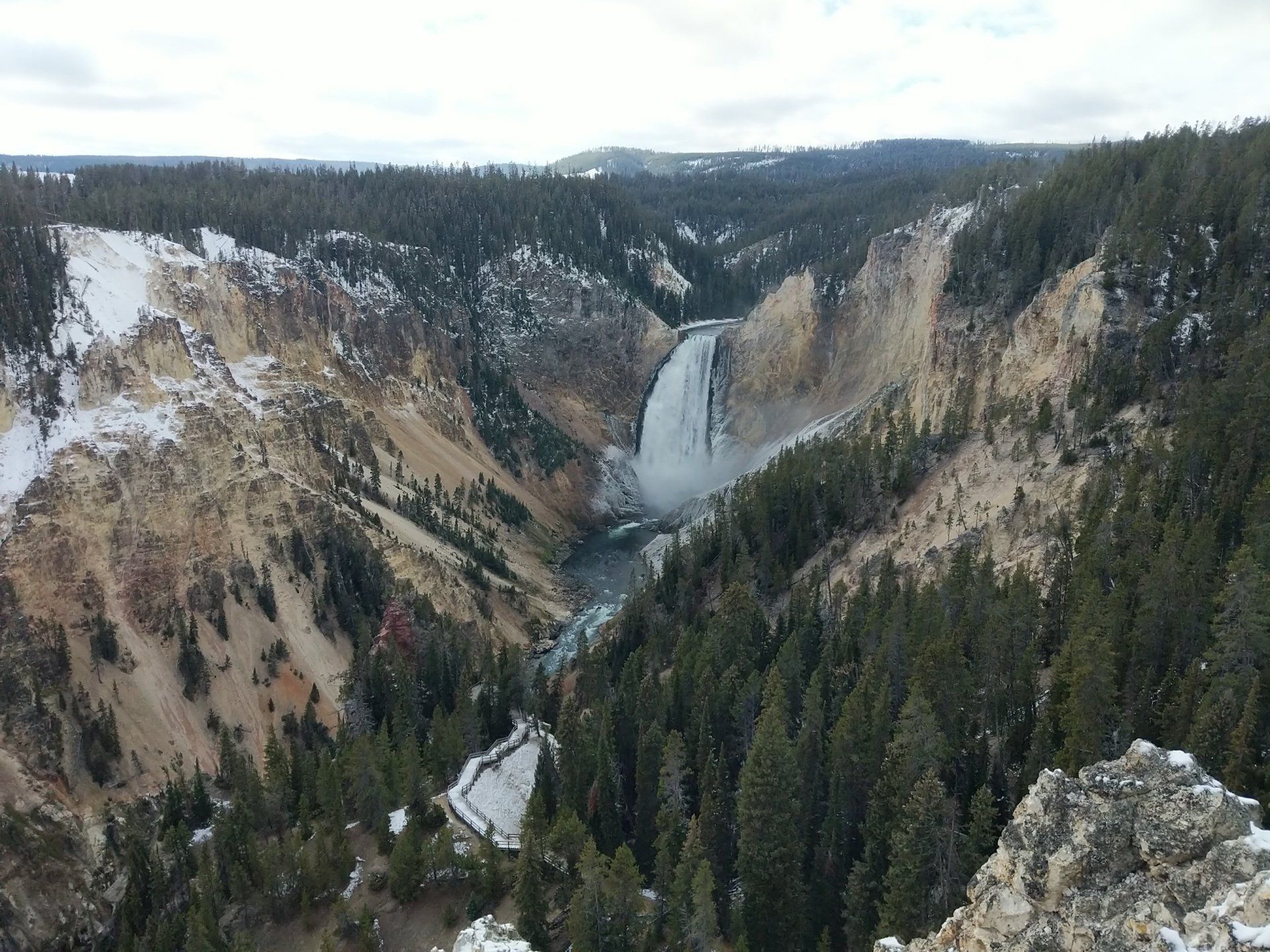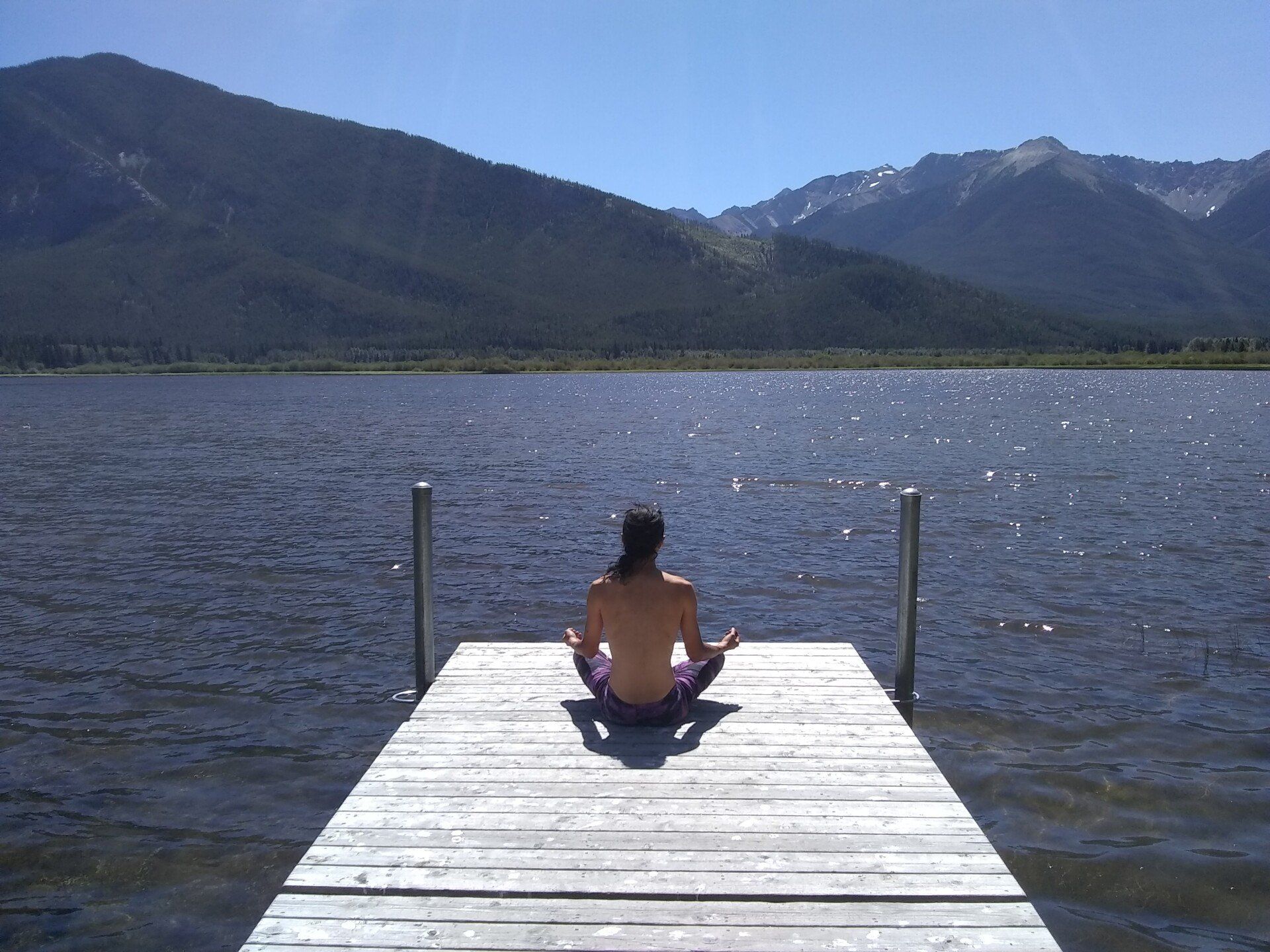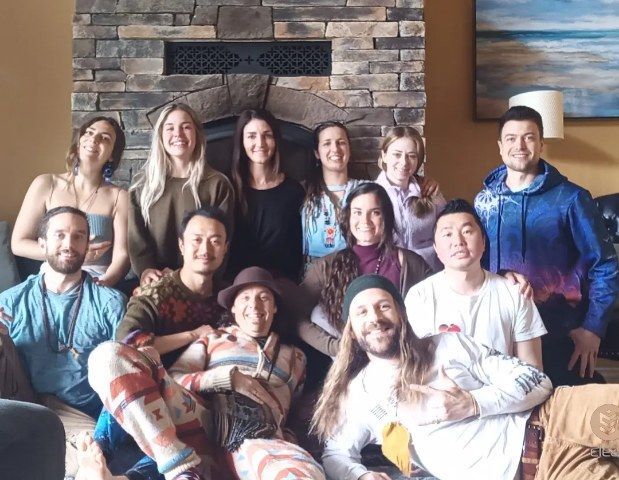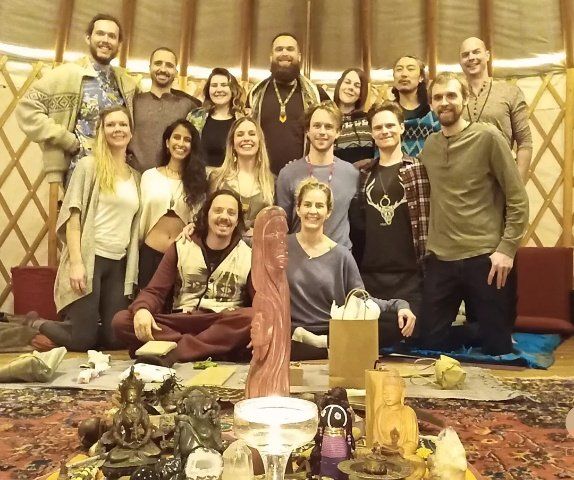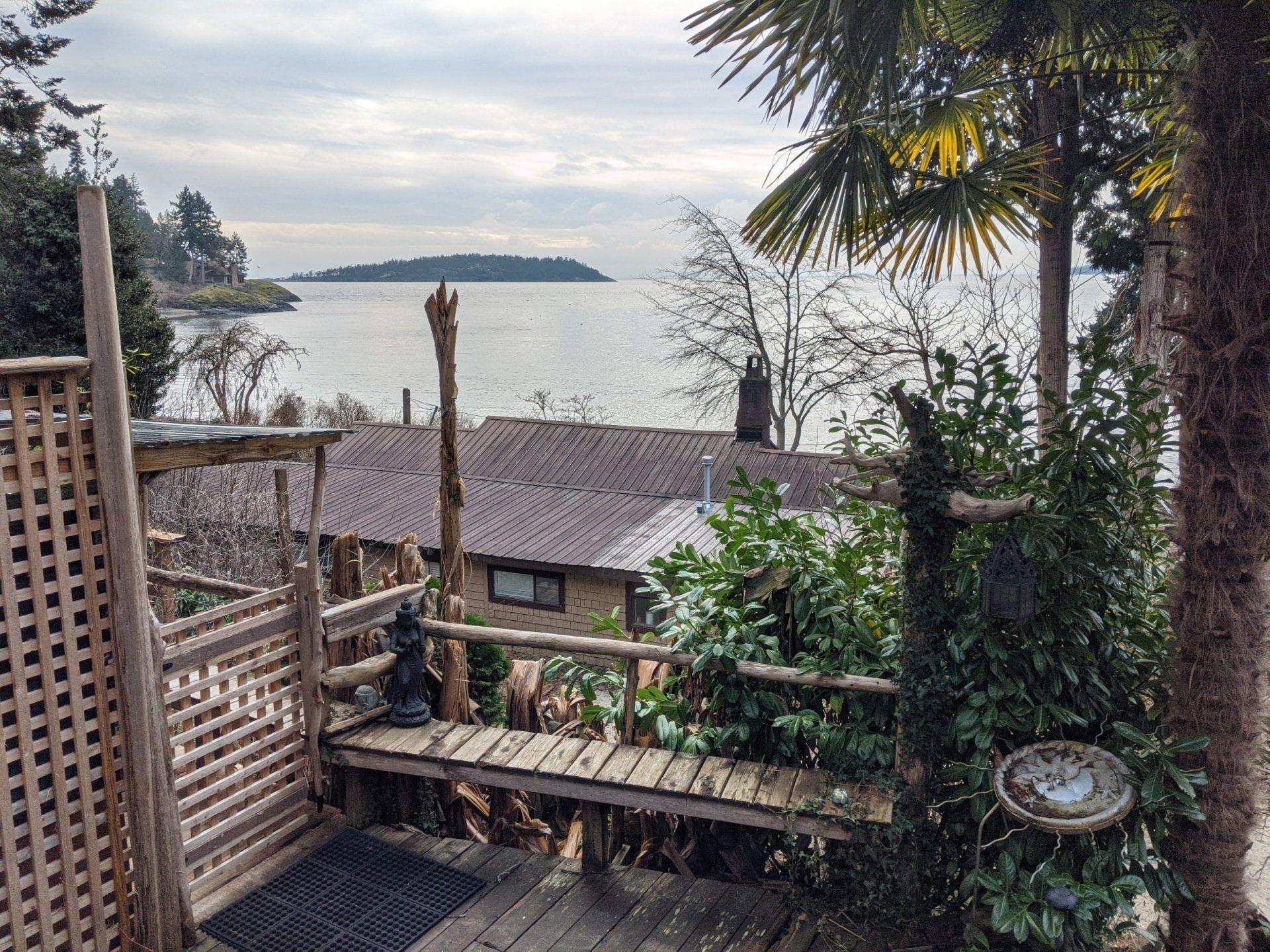Healing Intergenerational Trauma: My Family Story
Andrew Lee • May 8, 2021
Let's empower each other to share our stories of trauma
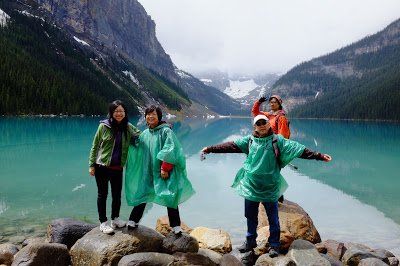
My recent writings have trended towards healing and trauma. Now I feel ready to share my own family story of trauma.
My father and mother were both born in India. My mother was born in the metropolis Calcutta, but moved to Hong Kong when she was young. My dad grew up, the eldest of five siblings, in Shillong, capital city of the outlying region Meghalaya, in the eastern tail of India that wraps around Bangladesh. He didn't say a lot about his childhood, except that they were very poor and were often hungry. He made shoes and kites and sold them on the street.
In 1962 there was a little known war called the Sino-Indian War. It was a two-month war between China and India sparked by border disputes. After this war came to an end there was strong anti-Chinese sentiment within India. The majority Hindu population began discriminating and assaulting its Chinese citizens, while government enacted policies that marginalized them, such as shutting down businesses, media and schools. Then the government set up internment camps and rounded up ethnic Chinese, imprisoning them there (more history about the internment of Chinese-Indians here).
By this time my mom's family was already in Hong Kong. My dad's family was not so lucky. They got rounded up and sent to one internment camp. My dad's father, my grandfather, got sent to a different camp, and they were separated the entire time they were interned, four years. When they were finally released they had no home to go back to, no possessions to their name. They applied to immigrate to Canada and eventually got in. My mother eventually moved from Hong Kong to Canada as well. Within the Chinese community in Toronto, my mother and father were arranged to meet, in order to marry. Within six months of meeting each other they got married and eventually had me. I am pure Chinese by blood despite several generations of my family being in India. Chinese people tend to cluster wherever they migrate and marry within the community as evidenced by my parents.
Growing up, my father was a very negative and physically and emotionally abusive person towards my mother, my sister and I. He prioritized education above all else. That's putting it lightly. Education and career was the only priority, none was given to any other facet of life. I had straight A's throughout elementary and high school. I still remember bringing home a math test with a score of over 90%. He said, "Why didn't you get perfect? You can do better." I was highly sheltered throughout my youth, under developed socially and emotionally. I grew up with material comfort, food and security. But I always felt left out, uncool, behind everyone else.
Many years later I embarked on a deep spiritual journey. I dove into many spiritual practices. I traveled many places, including places with recent war history, seeing the effects of war trauma on its people. I made a pilgrimage, traveling to my parents' hometowns in India to see where, how they grew up. Back in Canada I went to an alternative massage school, learning about the mind-body connection, and how energy and emotions can be stored in the body. Going to this school put me on the healing path, and I went down rabbit holes about trauma, addiction and disease.
So what did I learn from this journey?
That intergenerational trauma exists.
And acknowledging this, naming it dispels it, takes the power it has on us away. It takes self-pity and blame away. When you realize that your own life struggles are part of a bigger picture beyond your control, you realize there is no one to blame, not your parents or other relationships.
Gabor Maté, a renowned psychologist working in the troubled Vancouver East End, shares research that show links between trauma, emotional repression and disease. He also shares studies where researchers can predict future disease in adults based on interviews about their childhood upbringing. Similarly, researchers can predict future traits in children, such as anxiety and depression, based on interviews with their parents.
Rachel Yehuda's work
in epigenetics with Holocaust survivors shows traumatic events can modify DNA, which can be passed on to future generations. All this research brings to light that evolution is not a nature versus nurture argument. It's both nature AND nurture.
This is an important realization because the rigid and reductionist scientific paradigm cannot accurately capture data about consciousness and emotions, nor can the closely linked medical-industrial complex profit off it. So while a lot of research supporting nurture has been around awhile, it is suppressed. But that is a discussion for another blog. Thanks to researchers like Maté and Yehuda for bringing this information to light.
My father suffered severe trauma. He passed it on to me both biologically, through nature, and emotionally, through nurture. But if the conditions for anxiety, depression and disease can indeed be nurtured, then the conditions for health can also be nurtured. We all have the ability to swing our inner pendulum from disease to health.
But we have to do the emotional work! Not just the physical.
I have had many difficult talks with my father about the way he raised me and the way he still judges me today, and how his own upbringing affected his behavior towards me. I've done a lot of crying. But recently my dad also started crying too, admitting that his past has affected him, and apologizing for his behavior. It was amazing to see him opening up and softening like I've never seen before. Difficult as they were, these conversations have helped heal his relationship to me, and also my sister, who started getting involved (though there is a lot more work to be done).
Healing intergenerational trauma often starts with the younger generation coming to realization, then triggering difficult conversations with the older generation who prefer maintaining a status quo of emotional repression. But this is sadly nearly impossible for most of my cohort of first generation Chinese-Canadians or other ethnicities, and other millennials with similar stories. Fortunately, there are other avenues. Community is also healing. So if you cannot approach your own parents with these difficult conversations, it helps to share it with others who have similar stories.
I decided to start by sharing mine here in the hopes that more people will share theirs. In this way we can hold space for others, and have held space for us when it's our turn to tell our stories. If you have a story to share please do reach out to me. I am willing to listen. Perhaps we can start a community group, like Intergenerationally Traumatized Anonymous.
Let's create a space to tell our stories and empower each other to heal.
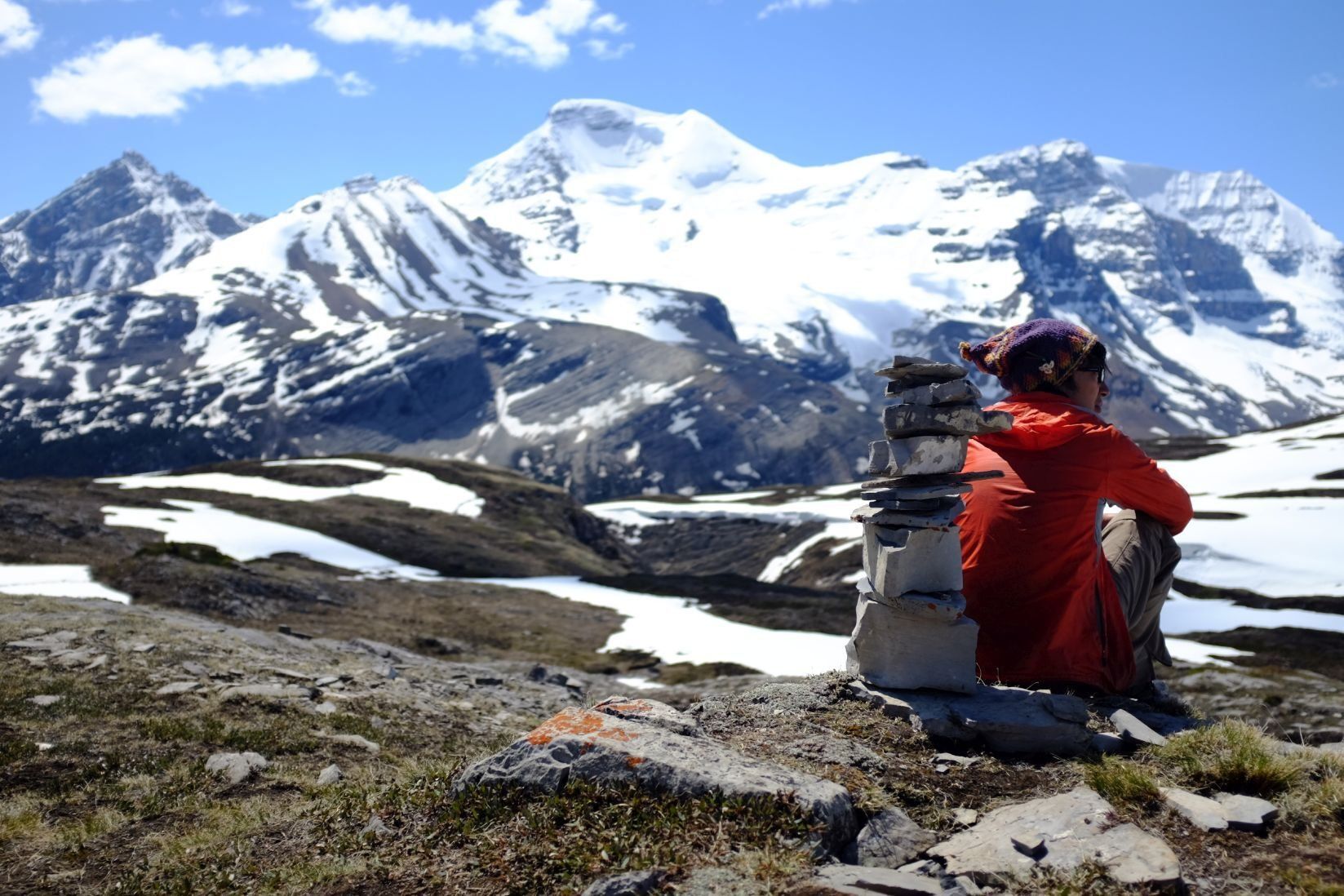
"People shouldn't be afraid of their governments. Governments should be afraid of their people." This phrase from my favourite movie alludes to the fact that the people should be the prevailing force that keeps their government in check. At some point a government becomes too big and starts looking after its own interests, no longer serving the needs of the people it was created for. Governments have long been the dominant organizations of the 20th century. In the 21st century technology corporations are eclipsing governments. Rapidly advancing technology has increased not only the influence of these national and multinational organizations, but their ability to monopolize even more power. When organizations reach a certain size, just like governments, they no longer act to serve the people, but their own interests. T here are plenty of examples of this throughout history. Facebook was recently exposed, when a former employee and whistleblower testified to the US Senate that the company repeatedly faced conflict of interests over profits versus reducing division, and always put profit first. Polarization for Profit How was FB able to do this? Typically if a company was exposed for not serving its customers' best interests, customers would take their business elsewhere. But with social media, there is almost nowhere else to go. FB has cornered the market, and intentionally bought or squashed competitors to cement its dominance in the space. Undermining free market principles has allowed FB to serve its own interests over the interests of its customers. They are maximizing their profit by allowing dishonest science to go viral, and allowing divide and conquer to occur. Facebook isn't the only big tech company guilty of this activity. Google, Microsoft and Apple have been sued for antitrust actions . And big tech isn't the only corporate sector valuing profit over people. Nearly all the largest corporations are guilty of some sort of fraudulent behavior, whether it's big oil, big pharma, big agriculture or big food. Governments are not only complicit in allowing corporate abuse to occur, they are often hand-in-hand with corporations and mainstream media. I've seen this first-hand with my experience at the Fairy Creek Blockade , the largest act of civil disobedience in Canadian history, preventing old growth logging on Vancouver Island. On the ground at Fairy Creek I've witnessed a coming together of some of the most beautiful and inspiring humans, passionately protecting the environment against corrupt political leader Premier Horgan, who went back on his word to stop old growth logging. In the news, however, there's little to no coverage of the events, and what coverage there is, is highly skewed against the protesters. It was here where my direct experience caused me to lose faith in mainstream media, and to see how they are under the sway of existing power structures. To see how they would take certain photos or video snippets and portray them in a different light, to make protesters appear irresponsible or incompetent. Or to portray the Premier's words and actions as if he was resolving the issue, when in reality he was deceiving the public. The Psychology of Polarization So why, on a psychological level, is polarization catalyzed by social media? It's quite simple really. Technology has eroded the quality of communication between people. There is a richness to face-to-face communication that cannot be conveyed. Studies have shown that 90% of communication is nonverbal (body language and voice tone), meaning only 10% of communication is through words alone. Words alone are such a poor quality of communication that they do not properly express the author's full meaning, and are too easily misinterpreted by the reader due to their own biases. This is especially true with words on a screen, transmitted through instant messages or social media posts. And yet it has become the most dominant form of communication due to its convenience. How many times did you misinterpret a text or a social media post, and respond with a critical comment? How often did this needlessly escalate into a full blown conflict? It happened quite a bit in the past with me, and I eventually learned to resolve disagreements with a phone call or meeting face-to-face. Unfortunately, too many people rely on texting because they have gotten too used to it and have lost their ability and initiative to resolve conflicts in person. Humans are still wired for face-to-face communication, and this is particularly necessary when resolving conflicts. Today, we are creating conflicts through texting and comments on social media posts. This is a recipe for disaster, a vicious cycle of misinterpretation where one comment blows up into massive conflicts. And, as mentioned in the previous section, Facebook is aware that this is happening on their platform, and instead of working to resolve it, they are exacerbating the problem. But the sole goal, the very existence of a corporation, is profit. Any non-financial consequence is a mere externality. Bridging the Communication Gap Seeing the bigger picture isn't easy. It takes a trauma-informed understanding of how the world got this way, in order to move forward with nonviolent solutions that bring people together, not further apart. The majority of people are living in fear. Their nervous systems are constantly in hypervigilance, meaning they are on edge, ready to engage in fight or flight. Showing them disagreeable information will only trigger their fight or flight, and potentially start a vicious cycle of arguing. People living in this way carry a narrowed perspective, focusing only on survival, and are thus unable to see the bigger picture. In order to engage with people on the other side of the coin, social media is not the answer because its low quality medium of communication creates further division. What's needed is the exact opposite . The one antidote in a time of such extreme polarization and division is face-to-face conversations with those we disagree with. This is also exactly what is being discouraged by the pandemic. Mask mandates have undermined our ability to see and read facial gestures. Closures of small businesses and gathering places have prevented the opportunities for holding the gatherings and face-to-face conversations needed to bridge this gap. It is critical to be able to spend time with people we don't know in order to break down each other's walls, and eventually feel safe sharing information without feeling antagonized. The Way Forward More and more people out there are realizing deep down that not all is as it seems. If I have a plea to you, it is, against all odds, to take the courageous step to gather with people and have face-to-face conversations again. If you can do this with people you already feel safe with and who share your views, then do this with people who you don't agree with. Start by smiling at strangers outdoors. Engage in friendly conversation. Unmasked people have been framed as antagonists. If you are brave enough to go into indoor businesses without masks, smiling at people completely disarms their hypervigilance. This is exactly what I have been doing, and the vast majority of my interactions have been positive or innocuous. I've had people smile back at me and acknowledge my bravery, and others follow my lead and take off their mask. Unmasked and smiling, you are a shining light, a warrior. You are an inspiration to others who sense something is wrong but are too afraid to act out against the narrative. Even if you have confrontations, smiling and holding your head high, proves to the confronters that you are a compassionate individual. Not only are you disarming the narrative, but you are disarming nervous systems. I certainly have had a few business owners ask me to put on a mask or leave, and obliged their concerns with a smile. If conflicts occur through your social media platforms, engage directly with others through phone calls or voice messages. This has been my most effective tool for deescalating conflicts. However, I choose phone calls and voice messages over texting more and more often these days in general, because my friends and I value the richness of expressing in voice and hearing each other's voices. Polarization is one of the greatest invisible threats to society, preventing people from uniting in action against tangible and urgent threats. It is up to all of us individually to overcome these barriers, through gathering and having face-to-face conversations again, with those we do and do not share views with.

